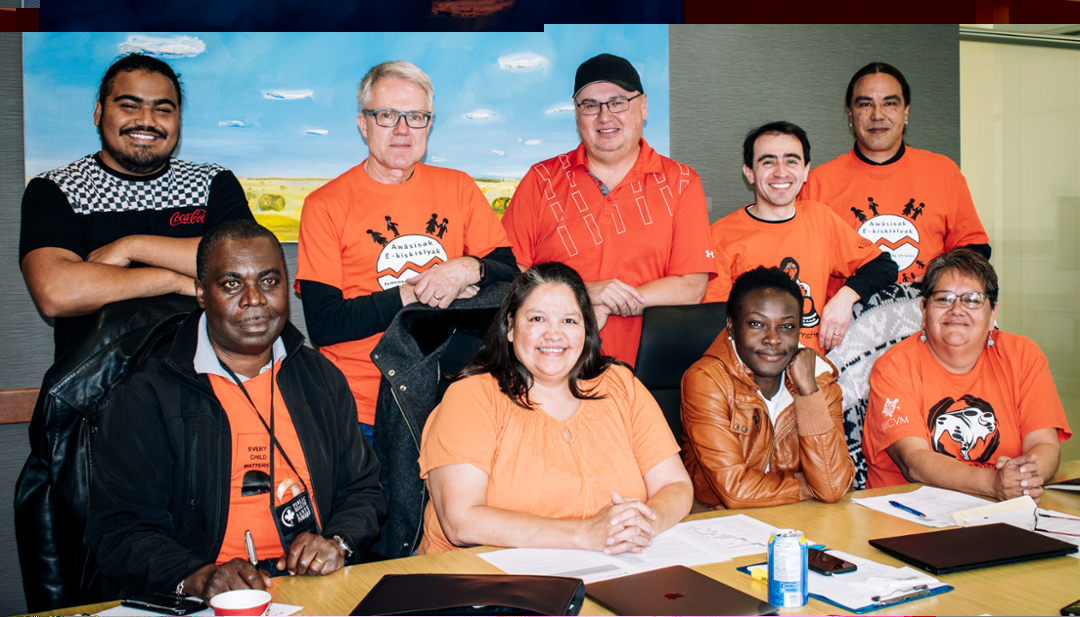
Understanding and advocating for miyo-māhcihowin (good health and well-being) among Indigenous Peoples living with Inflammatory Bowel Disease
Despite research about inflammatory bowel disease (IBD) in the general population, there is limited-to-no evidence about IBD among Indigenous peoples in Canada.
By Nikki Desjardins for SHRFIBD is a chronic condition, usually diagnosed in early adulthood, with significant life-threatening disease-related complications and reductions in quality of life if left untreated.
Now, funded by Saskatchewan Health Research Foundation (SHRF) and the Saskatchewan Centre for Patient-Oriented Research (SCPOR), Dr. Juan-Nicolas Pena-Sanchez, Dr. Derek Jennings, and the Inflammatory Bowel Disease (IBD) among Indigenous Peoples research group aim to estimate the epidemiology of the disease and explore perceptions of IBD among Indigenous people in the province.
This project began when Indigenous patients with IBD shared their experiences with research team members. An interdisciplinary research team was formed (including Indigenous patient/family advisors, a gastroenterologist, decision makers, and Indigenous and non-Indigenous researchers) to:
- build partnerships with Indigenous patients with IBD;
- determine the number of existing and new cases of IBD among Indigenous in Saskatchewan;
- explore the perceptions of living with IBD, and barriers and facilitators to access health care among Indigenous peoples; and
- understand Indigenous’ expectations of health care for IBD.
The full research team includes the individuals in the photo as well as: Carol-Lynne Quintin, Saskatchewan Chapter, Crohn's Colitis Canada; Colten Brass, Muskoday First Nation; Michelle Johnson-Jennings, Dept. of Indigenous Studies, College of Arts & Science; Mustafa Andkhoie, School of Public Health; Sharyle Fowler; Dept. of Medicine.
Read more on SHRF's website.
